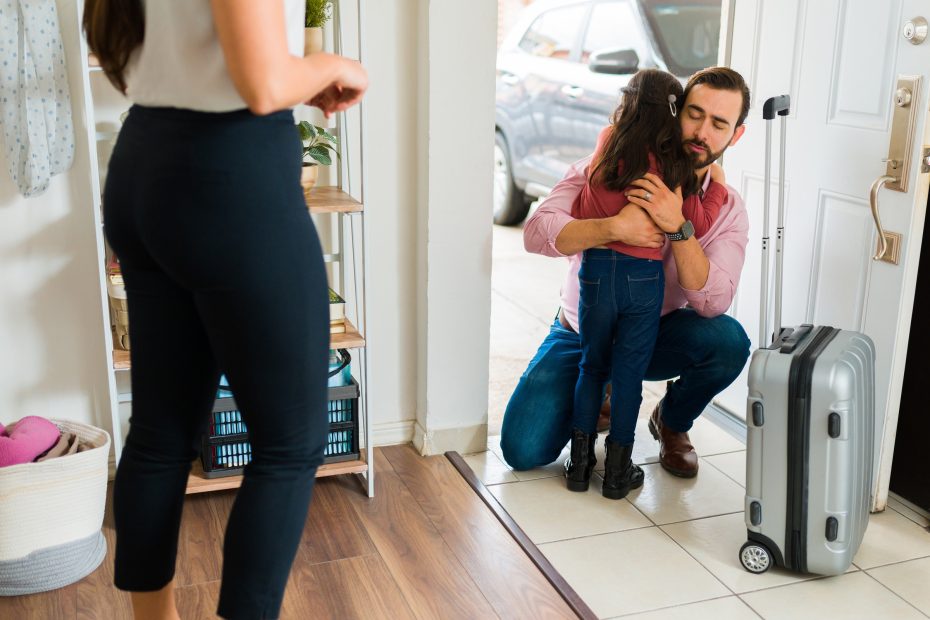When a marriage ends, one of the biggest worries people have is the family home. And honestly? There isn’t a simple answer. It really depends on your situation – the number of children, who’s living there, what each person can afford, and sometimes even practical things like school locations.
The court always tries to be fair, but the kids usually come first. If there are children involved, judges want to make sure they have somewhere stable to live. That doesn’t automatically mean one parent keeps the house forever, but it can affect how long someone stays or whether the property is sold.
Money matters too. The court looks at what each person owns, their income, and whether one partner could realistically buy the other out. Sometimes that works. Other times, it’s simpler – and fairer – to sell the house and split the proceeds. Each case is different, so there’s no “one-size-fits-all” solution.
In practice, you’ll often see a few common outcomes. One person might stay in the home until the youngest child turns 18. One partner might buy out the other’s share. Sometimes the house ends up being sold, and the money shared between both parties. But it’s rarely that simple. The hard part is figuring out what’s fair for both people while also keeping the children’s needs in mind.
It’s easy to forget that a home is more than just bricks and mortar. It’s where families make memories. Deciding what happens to it can feel like deciding the future of those memories, so it’s completely normal for emotions to run high.
If you and your ex aren’t seeing eye to eye on whether to sell or stay, it can really help to understand what the court usually looks at. Knowing what matters most in these situations can make it easier to have clear, practical discussions and avoid unnecessary conflict. Knowing the options and the factors judges look at can make decisions a little clearer — and sometimes even prevent arguments. Even small discussions, like agreeing on a timeline or how costs will be handled in the meantime, can take a lot of pressure off.
At Lund Bennett Family Law, we help people through this process all the time. We explain what’s realistic, help you explore your options, and guide you toward solutions that work for your family – without adding more stress.
If you’re unsure about your home or just want to talk through what might happen next, get in touch via email or call us on 0161 924 0079.
Your home is more than just a property – it’s the foundation of your family life. We’re here to help protect that while you work through the next steps.

